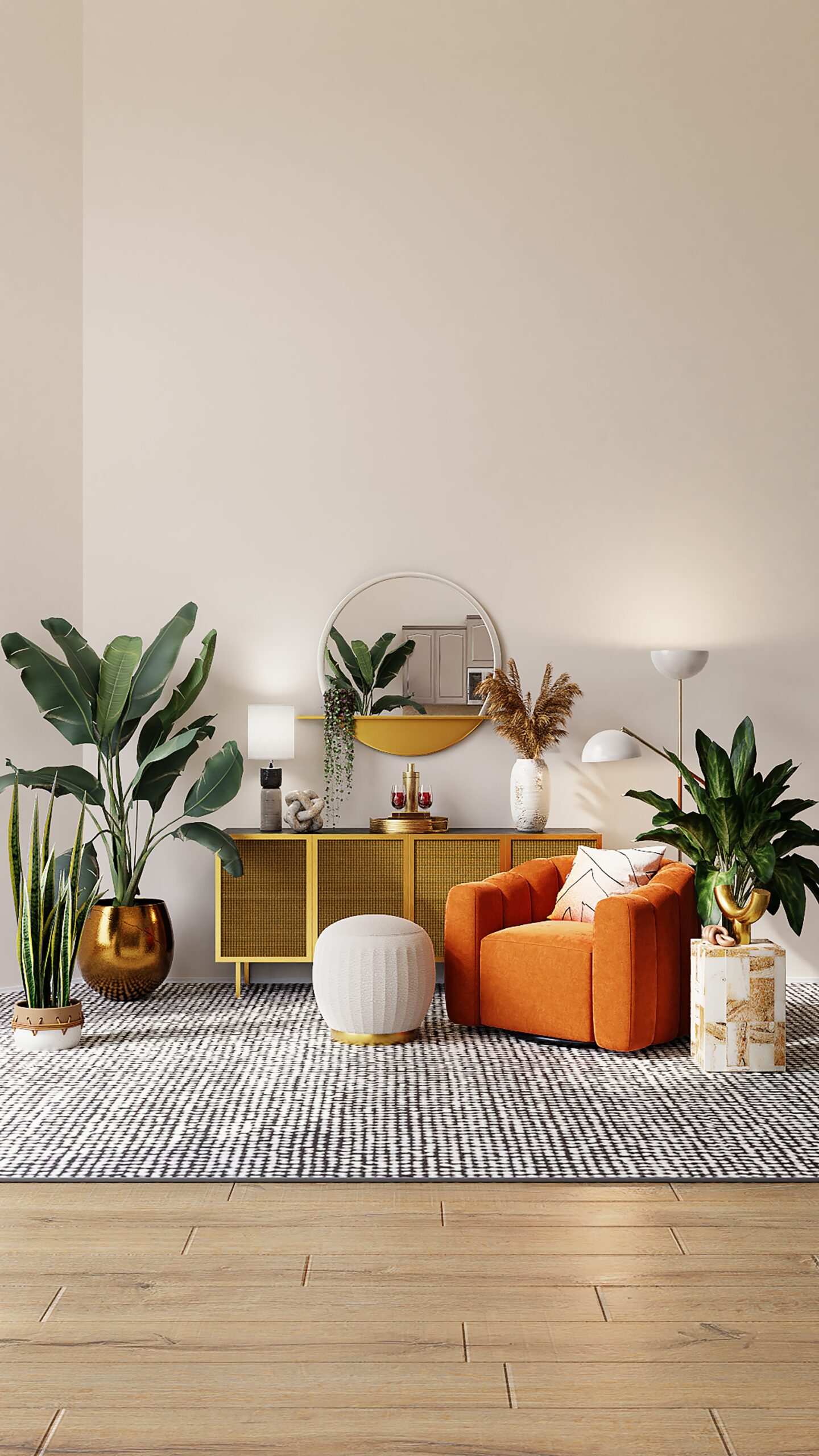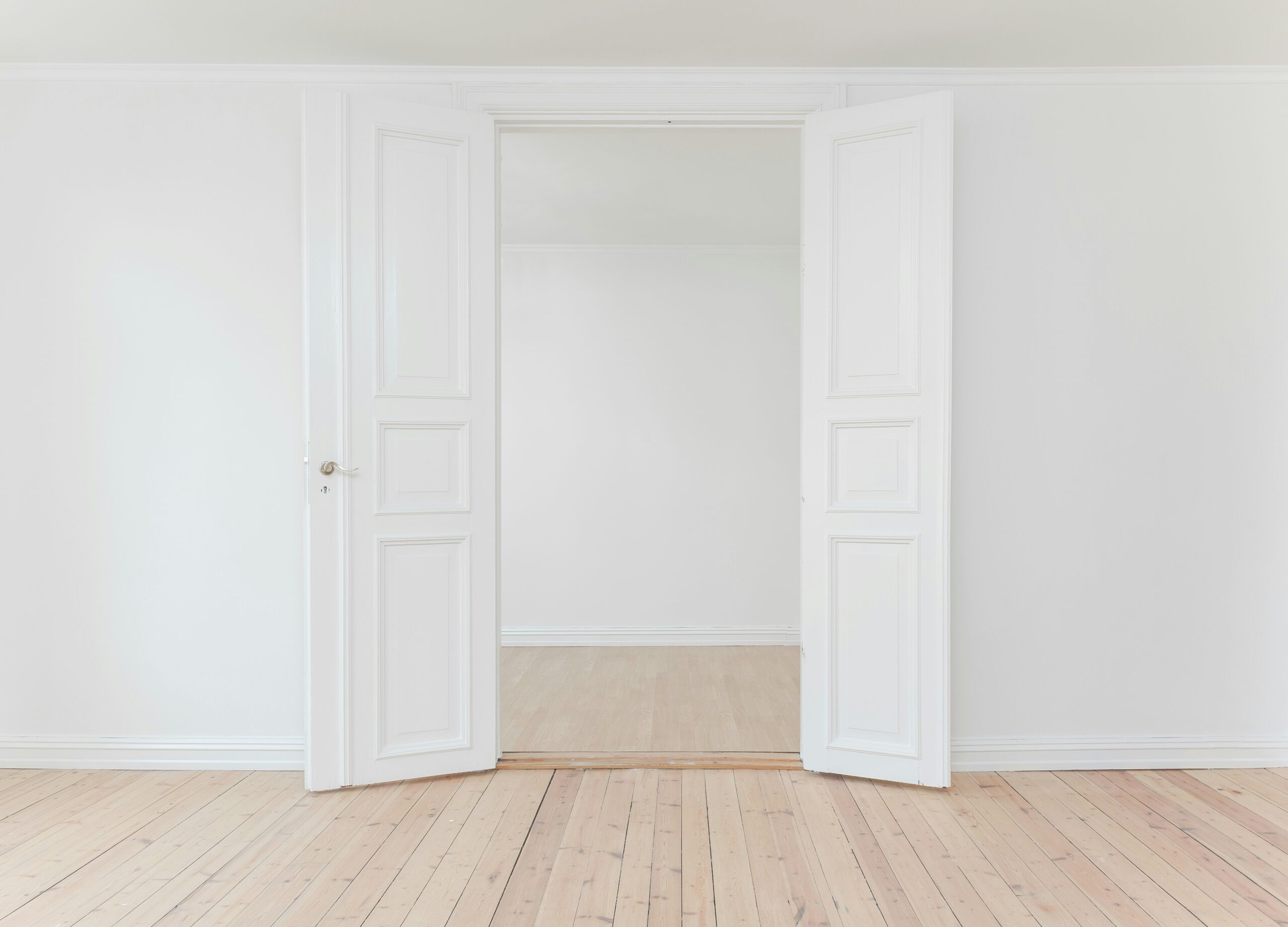The Art of Feng Shui in Home Decor
Feng Shui, an ancient Chinese practice, is all about creating harmony and balance in our living spaces. By incorporating Feng Shui principles into our home decor, we can enhance the flow of positive energy, or Chi, and create a peaceful and harmonious environment. In this blog post, we will explore some key principles of Feng Shui and how to apply them in your own home.
1. Clear the Clutter
One of the fundamental principles of Feng Shui is to keep your living space clutter-free. Clutter can disrupt the flow of energy and create a sense of chaos. Take the time to declutter your home, getting rid of items that you no longer need or love. Organize your belongings in a way that is visually pleasing and easy to maintain.
2. Create a Welcoming Entrance
The entrance to your home is considered the mouth of Chi. It is the first impression that both you and your guests receive when entering your space. Make sure your entrance is well-lit, clean, and inviting. Add a welcome mat, some potted plants, or a beautiful piece of artwork to create a positive and welcoming energy.
3. Balance the Elements
Feng Shui recognizes five elements: wood, fire, earth, metal, and water. Each element represents different qualities and energies. To create balance, incorporate these elements into your home decor. For example, you can use wooden furniture, candles, earthy colors, metal accents, and a small water feature to represent each element. The key is to find a harmonious blend that resonates with you and your space.
4. Use Colors Mindfully
Colors have a significant impact on our emotions and energy levels. In Feng Shui, each color is associated with different elements and energies. For example, red is associated with passion and fire, while blue represents calmness and water. Choose colors mindfully, considering the purpose of each room. Soft, neutral colors are generally recommended for bedrooms, while vibrant colors can be used in areas where energy and creativity are desired.
5. Enhance Natural Light
Natural light is essential for creating a positive and vibrant atmosphere. Open your curtains or blinds during the day to let in as much natural light as possible. If your space lacks natural light, use mirrors strategically to reflect light and create a sense of spaciousness. Additionally, consider incorporating full-spectrum light bulbs to mimic natural daylight and boost your mood.
6. Create a Restful Bedroom
The bedroom is a sanctuary for rest and rejuvenation. To promote a good night’s sleep, make sure your bedroom is free from distractions. Keep electronics out of the bedroom and create a calm and soothing environment. Choose a comfortable mattress, soft bedding, and keep the room well-ventilated. Position your bed in a way that allows for a clear view of the door, while avoiding direct alignment with it.
7. Incorporate Natural Elements
Bringing nature indoors is an excellent way to create a harmonious and peaceful atmosphere. Incorporate natural elements, such as plants, flowers, and natural materials like wood and stone, into your home decor. Plants not only add beauty but also purify the air and promote a sense of well-being.
8. Arrange Furniture Thoughtfully
The arrangement of furniture plays a crucial role in the flow of energy in your home. Avoid blocking pathways or creating obstacles that disrupt the natural flow. Arrange furniture in a way that promotes conversation and allows for easy movement. Consider the principles of Yin and Yang, balancing light and dark, soft and hard, and round and straight shapes.
9. Personalize Your Space
While following Feng Shui principles is essential, it is equally important to personalize your space. Surround yourself with items that hold meaning and bring you joy. Display family photos, artwork, or sentimental objects that evoke positive emotions. Your home should be a reflection of your personality and a place that nurtures your well-being.
10. Regularly Refresh and Reassess
Feng Shui is not a one-time fix; it is an ongoing practice. Regularly refresh and reassess your space to ensure it continues to support your well-being. As life changes, your needs and preferences may also change. Stay open to making adjustments and improvements to maintain a harmonious and balanced environment.
By incorporating the principles of Feng Shui into your home decor, you can create a space that not only looks beautiful but also feels harmonious and balanced. Experiment with these principles and find what works best for you and your space. Remember, the ultimate goal is to create a home that nurtures your well-being and supports a positive flow of energy.




